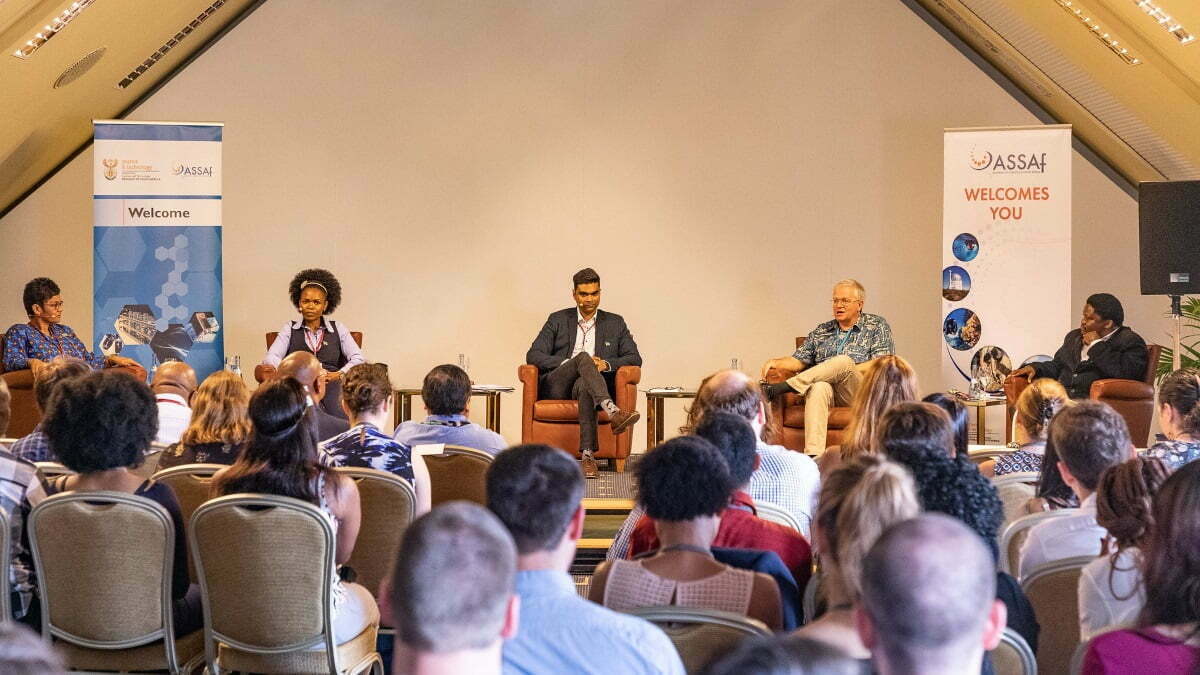The cobbled streets of Lindau are that bit quieter now that the 69th Lindau Nobel Laureate Meeting has finished. The meeting wrapped up in fashion on Friday with a cruise to the flower-covered island of Mainau. Returning to Lindau, partying ensued on board with a live band. At the penultimate forestall, the flowery Hotel Bad Schachen, laureates have been given an affectionate farewell. As they walked up to the wood jetty to their accommodation, younger scientists cheered and banged on the metallic hull of the boat.
Earlier on Mainau, attendees had made their manner to a massive marquee on top of the island for a shifting Q&A with Yemeni Nobel peace laureate Tawakkol Karman and an idea-frightening panel, How Can Science Change the World for the Better? On the stroll, I chatted to Maria Żurek, a postdoc at the Lawrence Berkeley National Laboratory, about a panel she took element in days earlier, “Student, Postdoc, and Then? – Aiming for a Career in Science”. You can watch the complete discussion right here.

One key difficulty raised via a young scientist inside the target market becomes that of leaving academia and how that is perceived. Responding, fellow panelist Niamh Kavanagh of University College Cork talked of her private enjoy. Kavanagh is near filing her Ph.D. thesis in photonics. However, the hard truth that bests a minority of Ph.D. students will relaxed everlasting positions in academia prompted Kavanagh to think cautiously approximately her options.
Her very last selection changed into to focus on opportunities someplace else, she informed the audience. “I want to offer myself the maximum alternatives and set myself up for success in something that means for me.” However, her choice hasn’t usually been met definitely. “I’ve had responses like ‘Oh, that’s a pity. So that’s quite difficult to cope with.” Laureate Donna Strickland, additionally on the level, turned into supportive of non-educational paths. “We want scientists in lots of exceptional jobs,” she stated, citing how politics can gain from clinical minds and how R&D can be simply as profitable in the enterprise – or even in advance of educational studies in a few fields.
Wolfgang Ketterle, some other laureate panelists, become additionally encouraging. He suggested that young researchers invite alumni running out of doors of academia again to their labs as visitor audio systems, something that already takes place at MIT. “[They] inform our contemporary grad college students and postdocs what they’ve done, how they transitioned, and the way they feel now after a couple of years,” he said. “I felt that this had been an exceptionally treasured advice.” Żurek becomes satisfied to see the matter addressed. “Nobel laureates who have influence … they’re announcing, ‘Yes, these profession paths also are valid,’” she instructed me. “I suppose that is the simplest way to exchange the attitude of our community.”
Plenty more except turned into protected via the panel. Discussion onstage and via Twitter on work-lifestyles stability, mainly for those with households, showed how this remains an intricate problem for young scientists – and one which has no smooth solutions. Other topics blanketed pointers on how to change fields at the postdoc stage, who to turn to in hard situations, how to handle failure and the blessings of networking. All in all, plenty of meals for notion for younger scientists as they make their manner home to all corners of the globe. Alles Gute und gute Reise!







